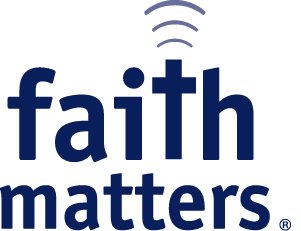In the ancient world everyone was a polytheist—believing in multiple gods. Every nation had different gods and humans struggled to stay out of the way of their conflicts.
For four hundred years the Hebrew people had lived under the control of the Egyptians who worshipped many gods. Then, under the leadership of Moses, they were suddenly set free from their slavery in Egypt. Talk about a life change! Even more revolutionary, Moses had a mountaintop encounter with God where God gave him Ten Commandments. The first commandment was, “You shall have no other gods before me.” All they knew was living with multiple, conflicting gods. Now they were being told that their God (Yahweh) was to always have precedence over other gods. This was a risky notion. What if the other gods didn’t like it?
An even better translation of the Hebrew words in the first commandment is, “You shall have no other gods besides me.” In other words, Yahweh was not to be their top god, he was to be their only God.
We live in a society with many competing gods with names like “Luck,” “Money,” “Science,” “Counseling,” “Education,” and “Things.” We often believe that these gods can cure our cancer, solve our problems and get us what we want in life. But the Lord of heaven and earth is saying that it’s not that way. He alone is the true God and we are to swear our allegiance to Him and Him alone.
Related Scripture: Exodus 20:3
© 2007 Leith Anderson

